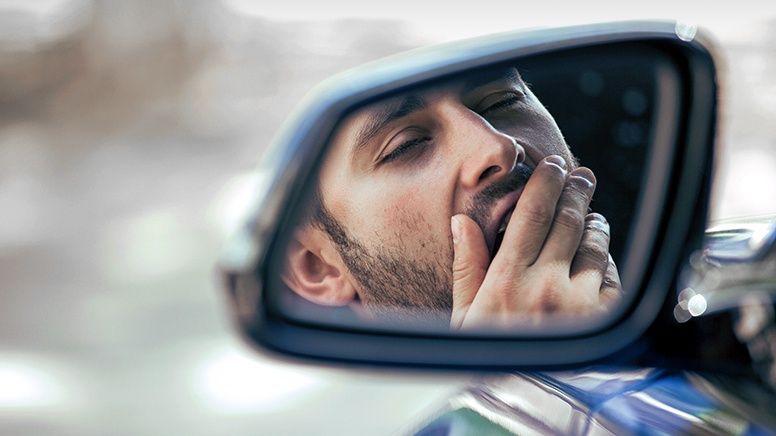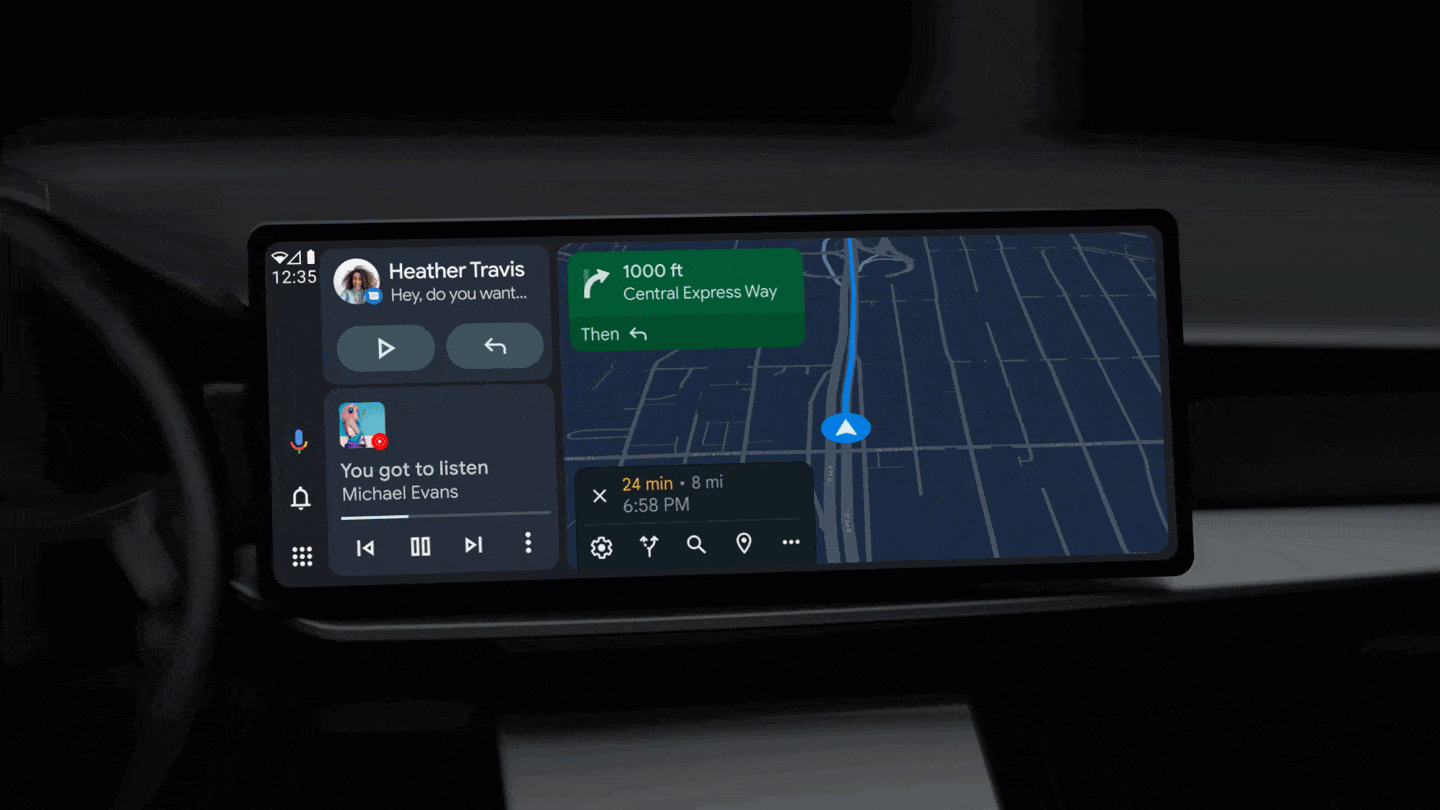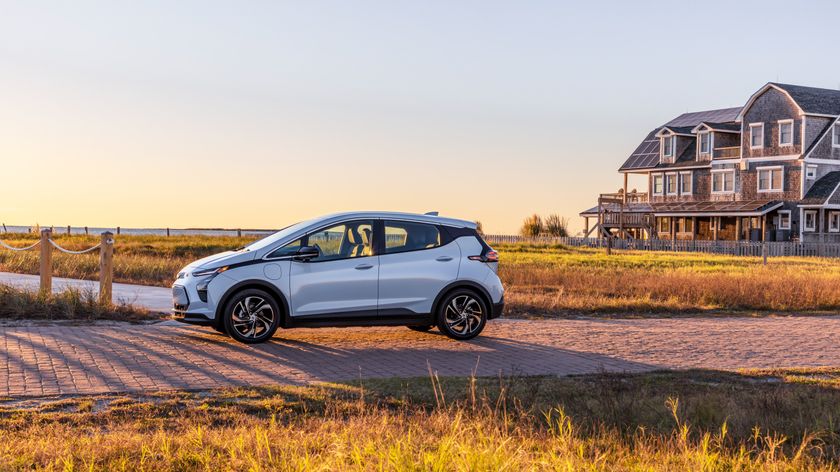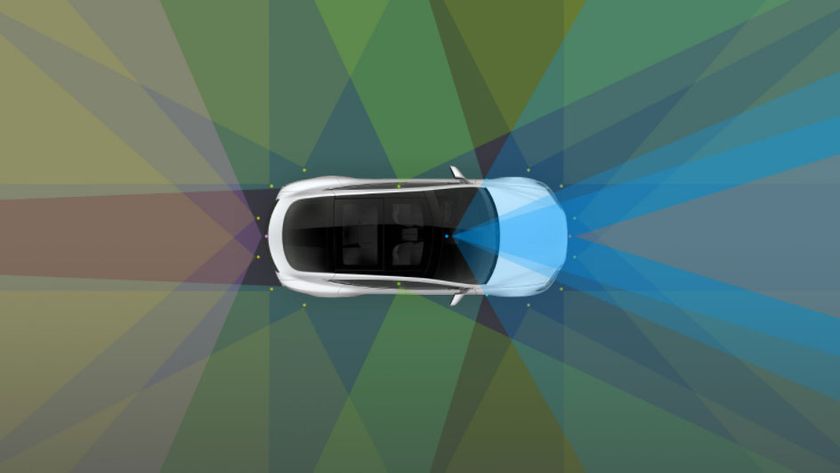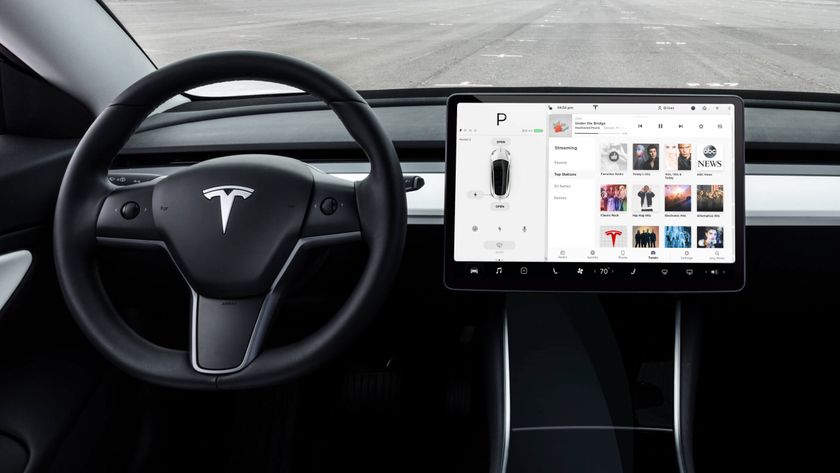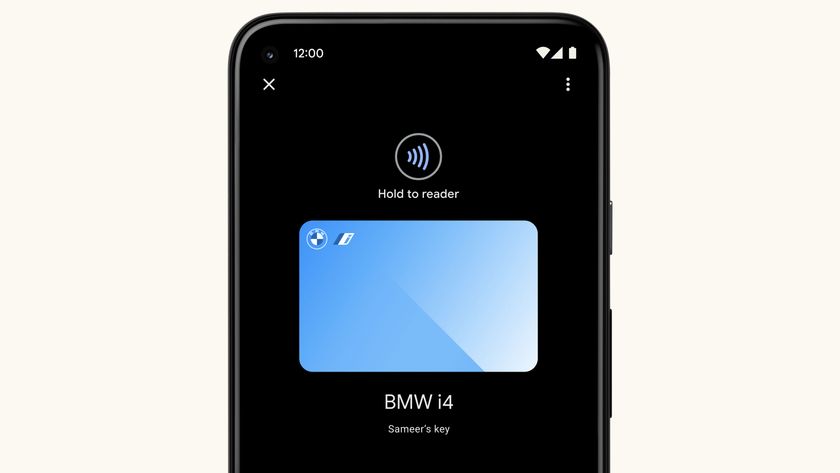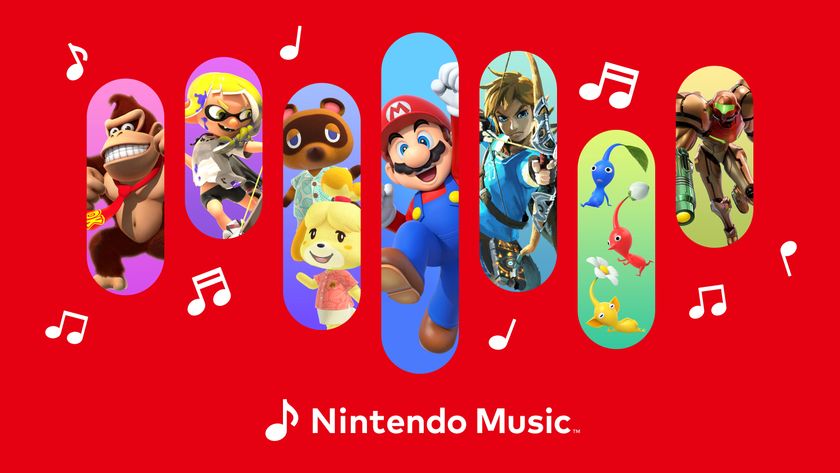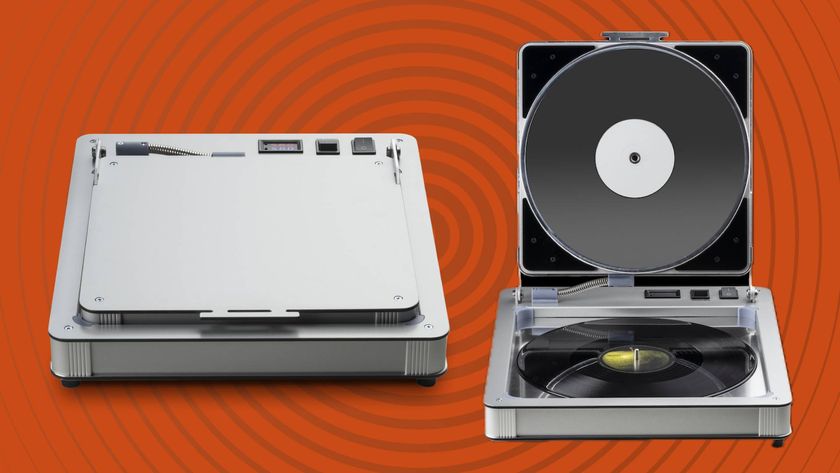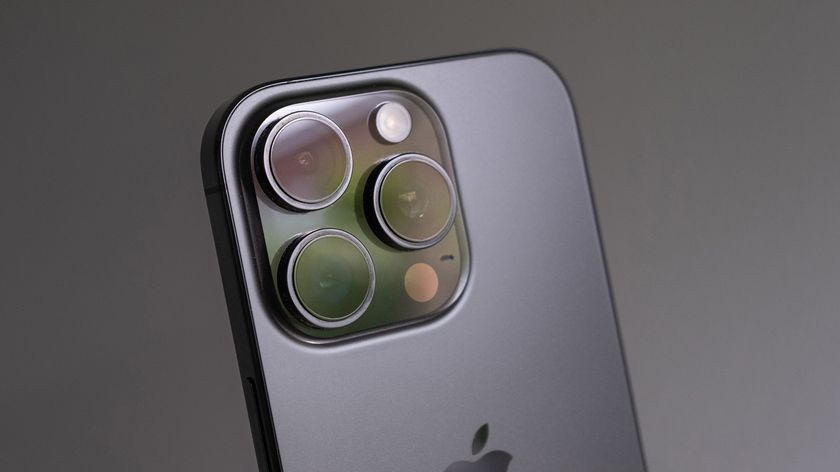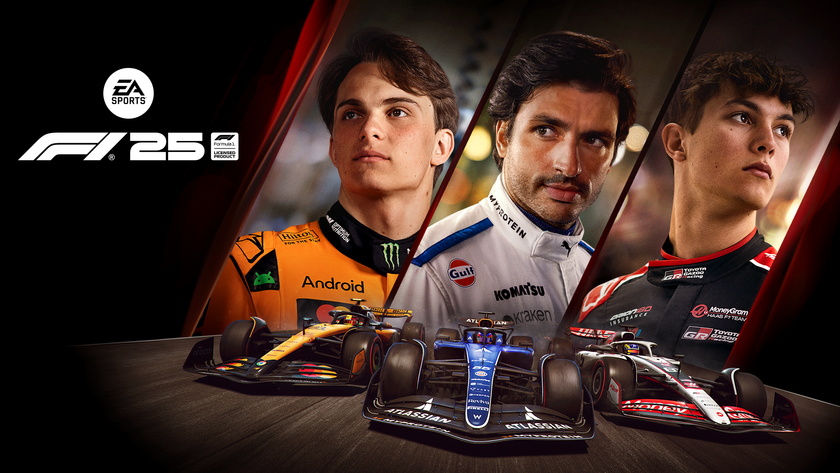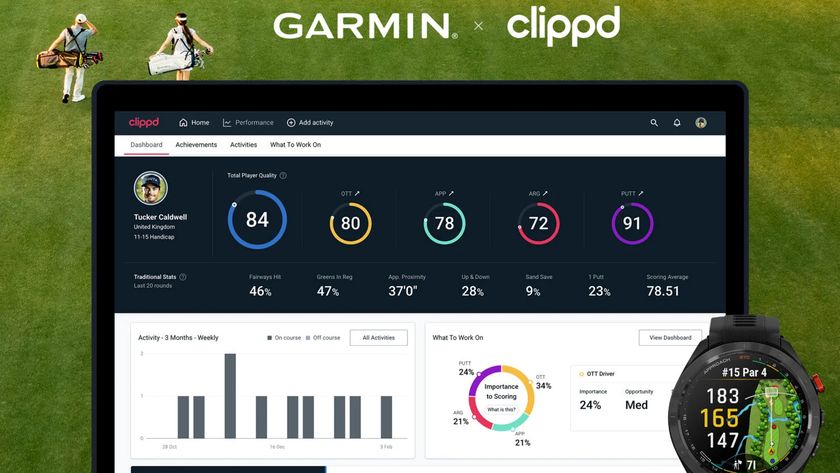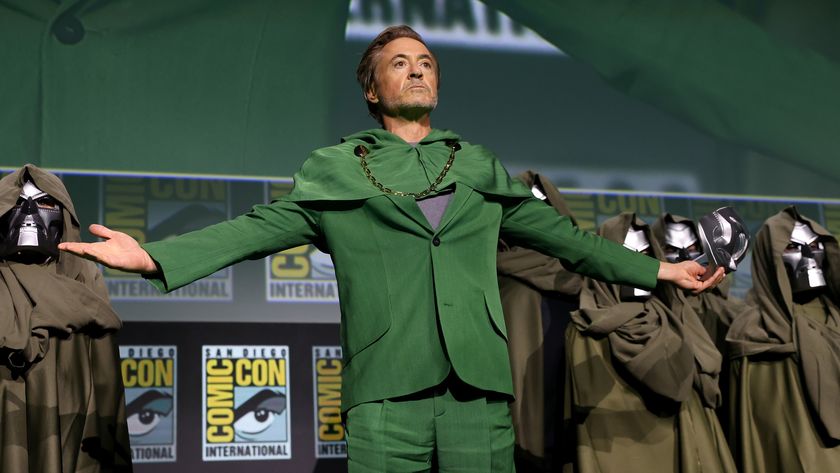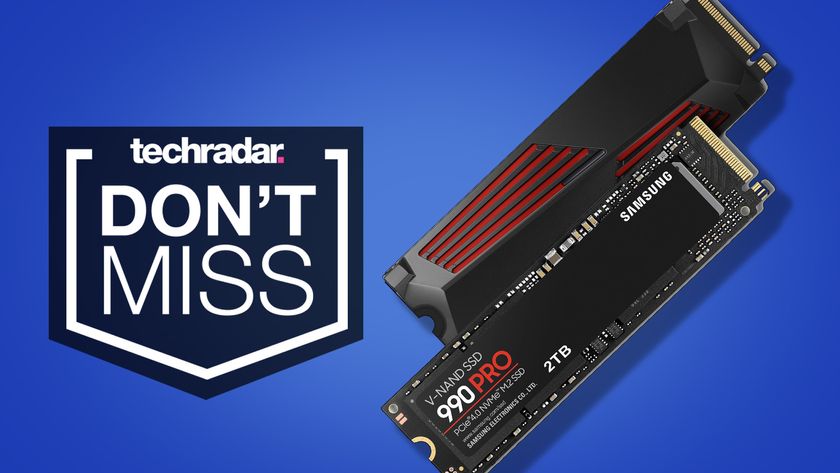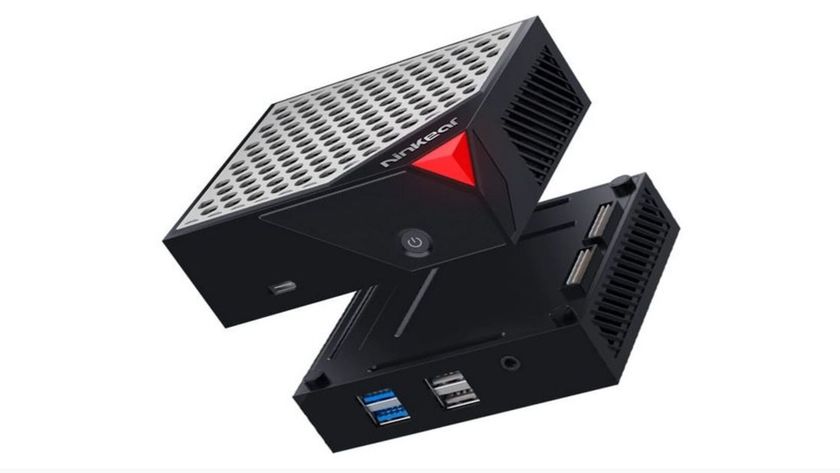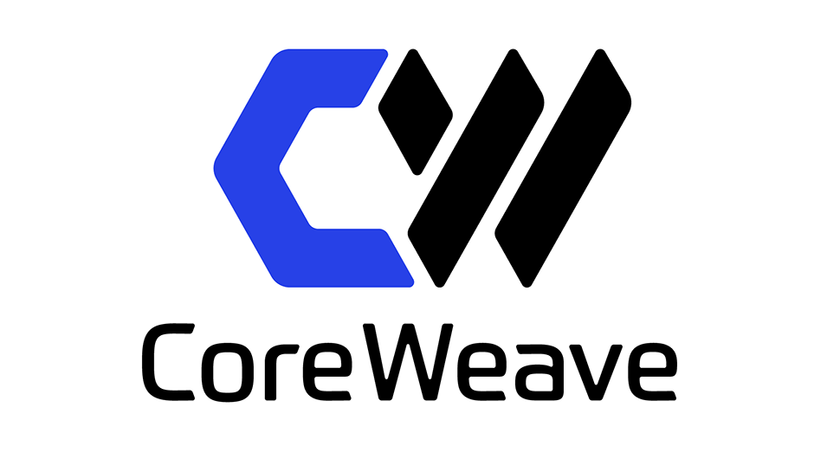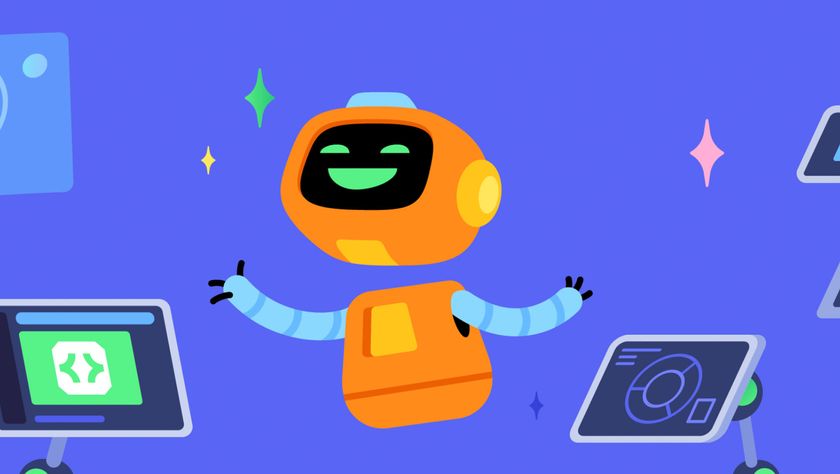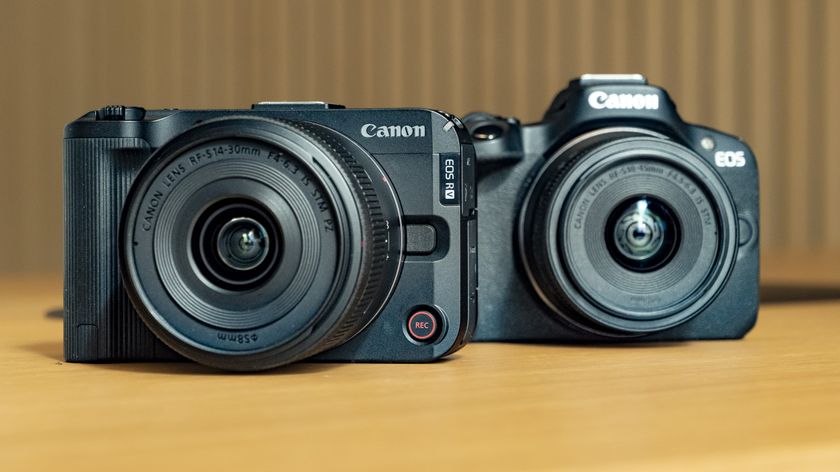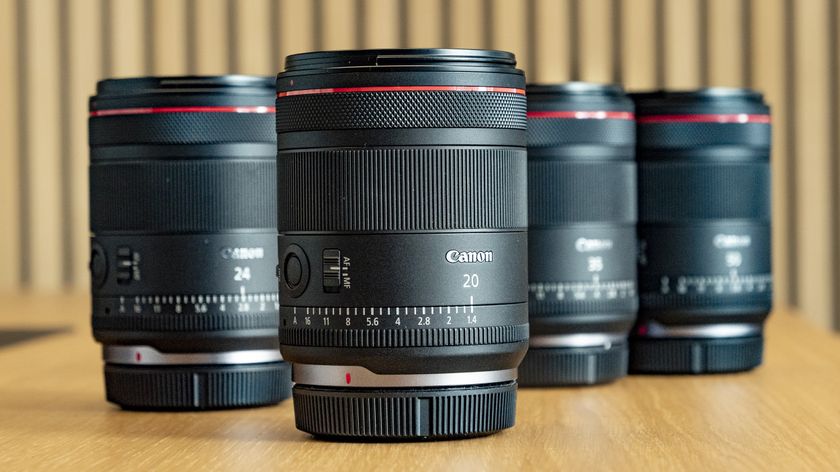How your car will use online apps
Ford, Nissan and Toyota chew over internet in cars
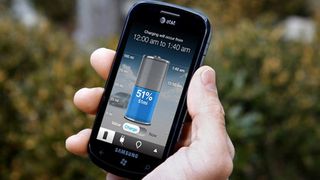
Ford's Ellis - whose company uses the Ford SYNC AppLink platform - thinks that it's all about education. "We need to educate customers and those in the auto industry - including regulators and commentators," he says. "Inside 15 years customers will go through several versions of their devices in the lifetime of the vehicle - and that's the biggest problem to solve."
With hardware - the car - replaced much less frequently than a smartphone, how will car companies keep their customers happy?
"The tradition of after-market is changing - an app can be after-market," says Inouye. "Yelp is an after-market device - all software is. You can put a dongle in there and pay less insurance. However, no longer do consumers want a radio that has been inserted, they want it all built-in."
Race you there
A conundrum indeed, but with 1.7 billion drivers expected on the road by 2017, could it be possible for one company to crack the problem and dominate the connected car?
"Our consumers are dramatically different," says Ellis. "There are billions of people with different interests - that's why there are over a million apps in the Apple and Android stores. I don't know if we'll ever see one company, especially in just four years."
The panel, which included connected car chiefs from Ford, Nissan and Toyota, was hosted by INRIX, a company that crowd sources big data from around 100 million vehicles, in 35 countries around the world. That data is informing the in-car and mobile applications that car manufacturers are falling over themselves to integrate into their vehicles.
On the horizon are in-car infotainment apps that stream music from smartphones, though just as crucial is smart-nav software that can use a data connection to cross reference routes against emerging weather fronts, find the cheapest parking spaces (dynamic tolls are coming), or simply dodge traffic jams.
Get daily insight, inspiration and deals in your inbox
Sign up for breaking news, reviews, opinion, top tech deals, and more.
Jamie is a freelance tech, travel and space journalist based in the UK. He’s been writing regularly for Techradar since it was launched in 2008 and also writes regularly for Forbes, The Telegraph, the South China Morning Post, Sky & Telescope and the Sky At Night magazine as well as other Future titles T3, Digital Camera World, All About Space and Space.com. He also edits two of his own websites, TravGear.com and WhenIsTheNextEclipse.com that reflect his obsession with travel gear and solar eclipse travel. He is the author of A Stargazing Program For Beginners (Springer, 2015),
